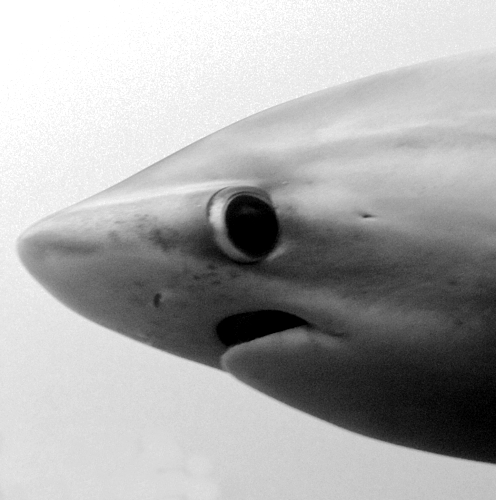QLD lags on shark help
 The Queensland Government is not doing much to reduce the rate of shark deaths in its drumlines.
The Queensland Government is not doing much to reduce the rate of shark deaths in its drumlines.
New analysis shows almost 80 per cent of sharks caught in the Great Barrier Reef marine park last year died.
This was despite a tribunal ordering the state to try harder to eliminate deaths in its shark control program.
Two years ago, the administrative appeals tribunal ordered Queensland to come up with ways to reduce the number of sharks killed in its public safety infrastructure.
Analysis by the Humane Society International (HSI), which launched the initial tribunal process, shows that last year, 137 of the 178 sharks hooked on drumlines died.
One of the only improvements was that 29 of the 52 tiger sharks caught in that time were released alive. Before the tribunal ruling, all tiger sharks on the lines were killed.
The tribunal also called for daily checks of the drumlines. The HSI says checks now occur about 260 days in the year, up from 182.
The state was also told to launch a trial of smart drum lines, which use GPS to alert fisheries contractors when something has been caught. Experts can then visit the site and attempt a live release.
Queensland fisheries minister Mark Furner says the trial of smart drum lines may begin later this year. He also says that Surf Life Saving Queensland has been trialling the use of drones to spot dangerous sharks.
However, Mr Furner said human life would remain the top priority.
“The government is committed to continuous improvement, but will not make changes until effective alternatives suitable for Queensland conditions are identified,” he told reporters.
However, the “lethal component” of the methods used by the Queensland Government were found by the tribunal to “not reduce the risk of unprovoked shark interactions”.








 Print
Print